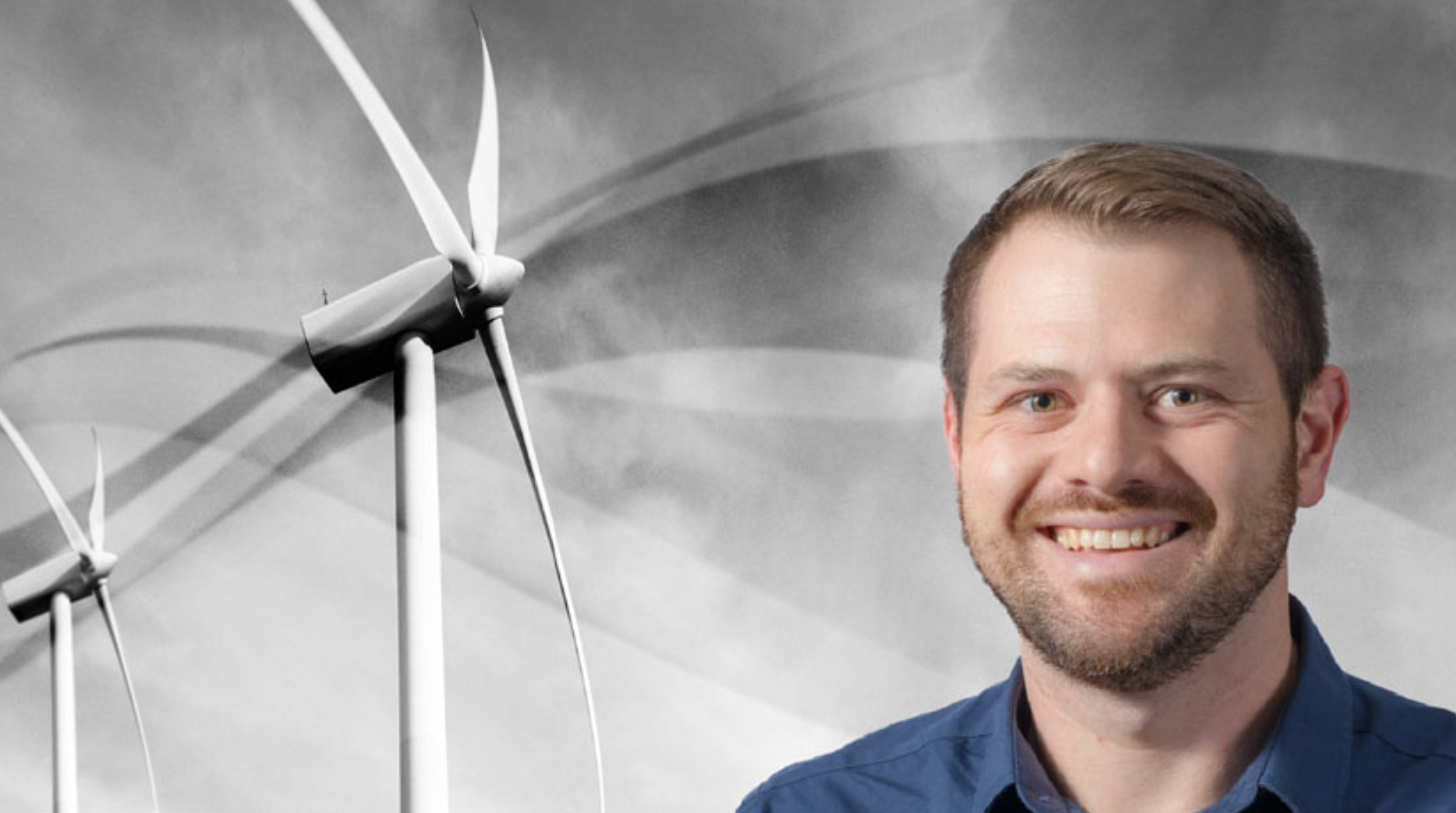Sign up for daily news updates from CleanTechnica on email. Or follow us on Google News!
Morrow Batteries has begun pilot production of its LFP prismatic batteries at its new factory in Arendal in southern Norway. It expects that factory, which will have an annual capacity of 1 GWh, and be in full production by the end of this year. Three companion factories in Arendal are also planned. Jonas Gahr Støre, Prime Minister of Norway, was on hand to inaugurate the new factory, which is Europe’s first gigawatt-scale factory for LFP batteries. According to the company, it will work closely with customers to fine tune the production equipment to achieve serial production quality over the following months.
“This is a hugely important day in Norwegian industrial history and a testament to the bold vision and risk-taking spirit of our founders and the dedication of our diverse team of Morrowers, now consisting of 200 individuals from 34 nationalities. Our achievements today would not have been possible without the unwavering support from the Arendal municipality, local and national government, and our committed shareholders. Together, we are paving the way for a sustainable energy future to make Europe more competitive and safe,” said Lars Christian Bacher, CEO of Morrow Batteries. “As a result of the efforts put in by many, Arendal has become the first city in Europe to host a giga LFP factory, contributing jobs, value creation, and positioned for significant export revenues. We look forward to delivering the first commercial batteries to customers by the year’s end.”
LFP batteries are rapidly becoming an important building block for the zero-emission society. They dominate battery energy storage systems, heavy duty machinery, and midrange electric vehicles. Since November last year, Morrow has produced and shipped thousands of LFP sample cells to potential customers for testing and validation at the company’s Customer Qualification Line. Morrow can now deliver a commercially viable, thoroughly tested, competitive LFP product.
Morrow Batteries Focus On LFP Technology
Norway is particularly suitable for battery manufacturing because of its process industry and material technology industrial track record, a long tradition of engineering and industrial innovation, abundant access to renewable power, and a labor model that ensures competent and committed employees. The Morrow Cell Factory will employ about 150 people working a shift schedule. On its website, Morrow Batteries says it is committed to delivering cost effective and sustainable batteries that meet the demands of its customers. It is now pursuing some of the most promising new battery technologies and will produce prismatic battery cells optimized for its mobility and energy storage customers.
Morrow says in the initial years of production, it will manufacture both LFP and NMC battery cells, but expects to begin offering advanced lithium nickel manganese oxide batteries by the middle of this decade. “Our LNMO technology is a more sustainable solution that uses cheap manganese as a scaffold to better use the lithium and nickel inside it,” Morrow says. This means it can create batteries that are more environmentally friendly and more cost effective.
”Our second generation of technology has branched into two product offerings. LNMO-X can supercharge heavy mobility (trains and ferries) and the long-life Battery Energy Storage Systems (BESS) markets. These batteries are designed to meet the unique demands of these markets and help our customers achieve their sustainability goals. In contrast, LNMO-C offers the highest practical single-cell voltage in the world — >4.5V.”
Elbil, the official publication of the Norwegian Electric Car Association, has some details about the funding needed for the new factory. Corporations such as Siemens and ABB, together with Danish investment fund Teknisk Ukeblad, have help finance Morrow Batteries, but the public sector is heavily involved as well. The largest stake — 50% — came from Å Energi, which in turn is owned by Statkraft, an instrumentality of the Norwegian government, and a number of Norwegian municipalities. Also involved financially are Nysnø, which is the Norwegian state investment company, and state-owned SIVA which owns the factory building itself.
The EU ambassador emphasized that factories like this are cornerstones of the EU’s Green Deal, and pointed out that Norway and the EU have entered into a strategic partnership regarding both battery production and access to raw materials related to production. “We have long requested investment in battery factories in Norway and think it is absolutely fantastic that Morrow is now opening the factory,” says Christina Bu, secretary general of the Norwegian Electric Vehicle Association.
Battery Manufacturing In Europe In Peril
One of the reasons people are excited about Morrow Batteries is because Europe is desperate to find an alternative to Chinese-made batteries, but the companies that are supposed to make that happen are struggling. Northvolt has just lost a supply contract with BMW worth $2 billion because it has been unable to supply the batteries to fill that contract on time. Reports are circulating that Northvolt has a scrappage rate far higher than is normal in the industry, which means too many of the cells it produces are being sent for recycling instead of to a paying customer.
Scania expects to get the battery cells it needs for heavy duty electric trucks from Northvolt, while Porsche is expected to rely on Northvolt cells for the upcoming battery-electric versions of the 718 Boxster and Cayman. Northvolt co-founder and CEO Peter Carlsson said in an interview with the Swedish business newspaper Dagens Industri recently, “We were a little too aggressive with our expansion plan and we are now reviewing this.” A Northvolt spokesperson later confirmed to several media outlets, “Northvolt is currently evaluating the timing of the further ramp-up of production at its factories. The focus is on supplying customers from the first Northvolt Gigafactory site in Skellefteå.”
Porsche, meanwhile, has invested in Varta, which is best known for making micro-batteries for hearing aids. It also supplied the batteries that powered the camera Neil Armstrong used on the moon. It currently supplies batteries for the Porsche 911 Carrera GTS hybrid. Bloomberg says Porsche is interested mainly in the company’s V4Drive unit which has developed a cell that outperforms rival products, with low internal resistance and good temperature distribution enabling swift acceleration, ultra-fast charging, and a long life. A pilot line has been operating since mid-2022.
“The combination of an advanced chemical system, better mechanical design and innovative process technology results in fast charging and discharging, ideal heat dissipation and optimized performance even at low temperatures,” Dirk Schmitt, a Varta spokesperson, told Stefan Nicola of Bloomberg Hyperdrive recently. Porsche has been looking to develop its own battery strategy to complement the plans of parent Volkswagen. It hasn’t said much about the role Varta will play in that push, but it does plan to add a production facility in southern Germany next year and help Varta get fit enough to eventually also supply other automakers. “We aim to drive the company forward and would make an important contribution to keeping key technologies in Germany,” Porsche CFO Lutz Meschke said.
The Takeaway
A decade ago, it was assumed every car manufacturer would make its own batteries just as it made its own engines and transmissions. That was the theory. The reality was quite a bit different, however. CATL and other battery companies were simply able to make batteries at far lower cost than the car companies could. But the EU is concerned that it will have no domestic battery manufacturers of its own. No one can predict what the future holds. Perhaps new batteries that use sodium or potassium will break the stranglehold that Chinese companies have on lithium-ion battery making, but then again, perhaps not.
It will be interesting to see how things shake out with Northvolt, Morrow, and Varta, among others. Right now, CATL and BYD are leading the field and getting further ahead, thanks in part to massive encouragement from the Chinese government. It is uncertain whether the EU, Canada, and the United States are ready, willing, and able to match what China is doing to support the battery manufacturing sector.
A tip of the hat to Are Hansen, head of the CleanTechnica Norway news bureau.
Have a tip for CleanTechnica? Want to advertise? Want to suggest a guest for our CleanTech Talk podcast? Contact us here.
Latest CleanTechnica.TV Videos
CleanTechnica uses affiliate links. See our policy here.
CleanTechnica’s Comment Policy




